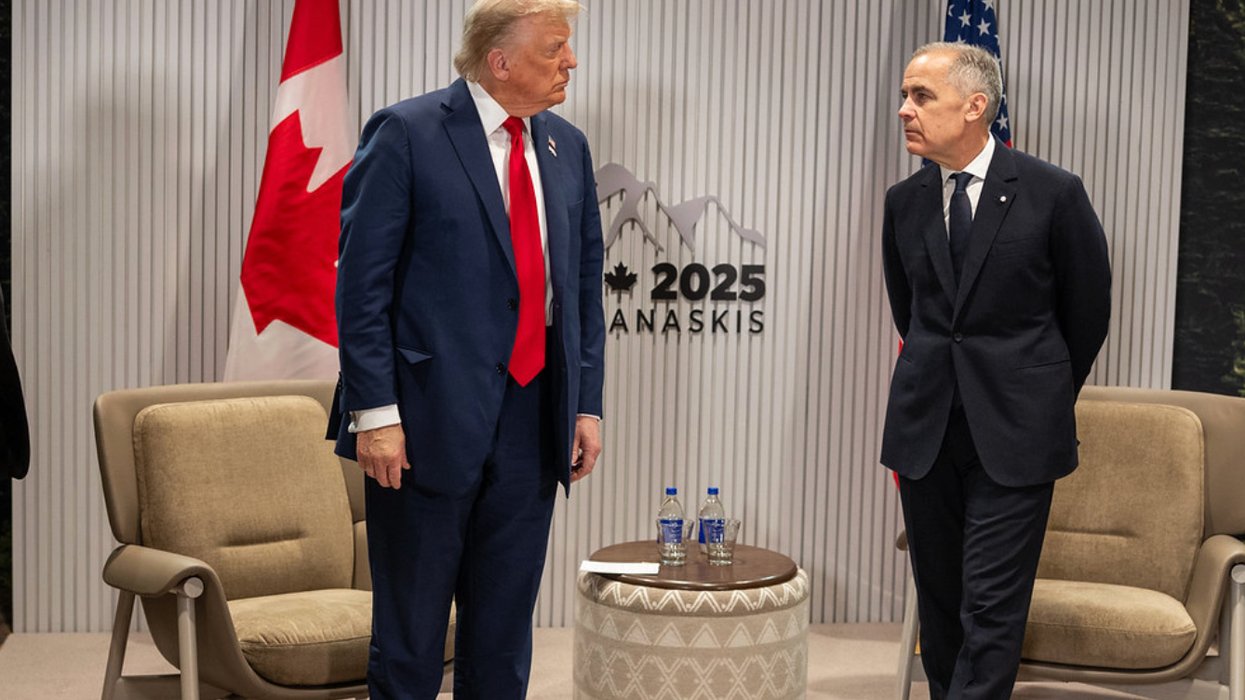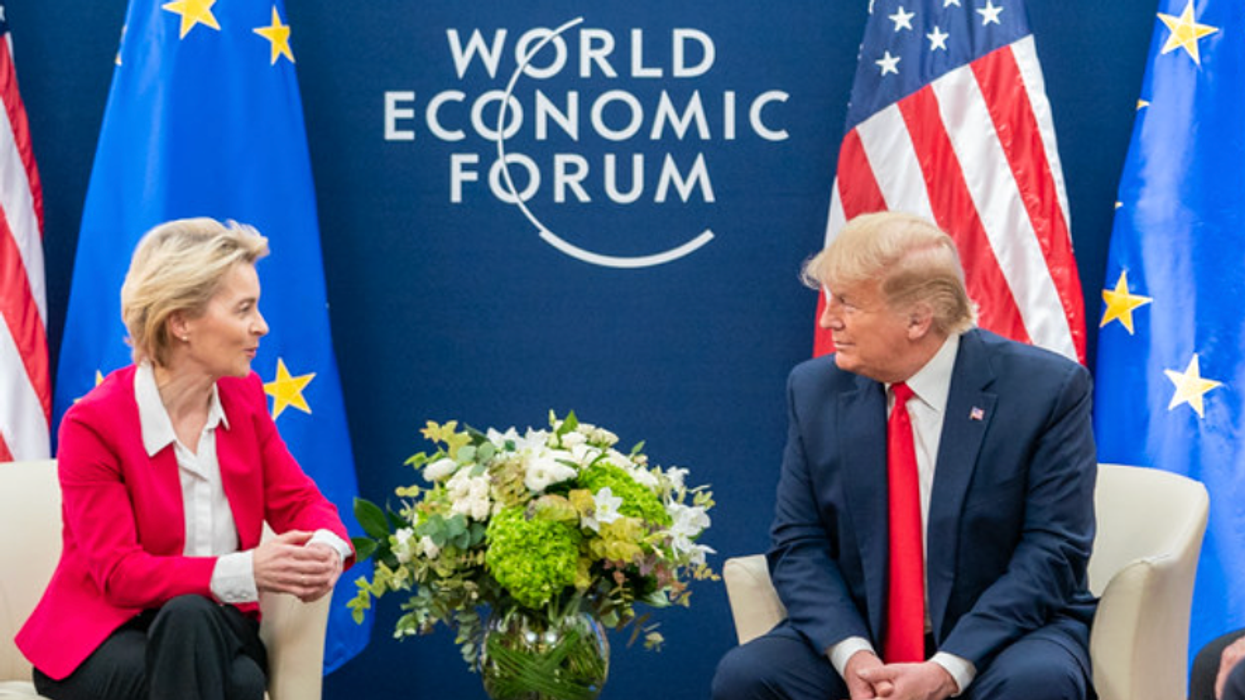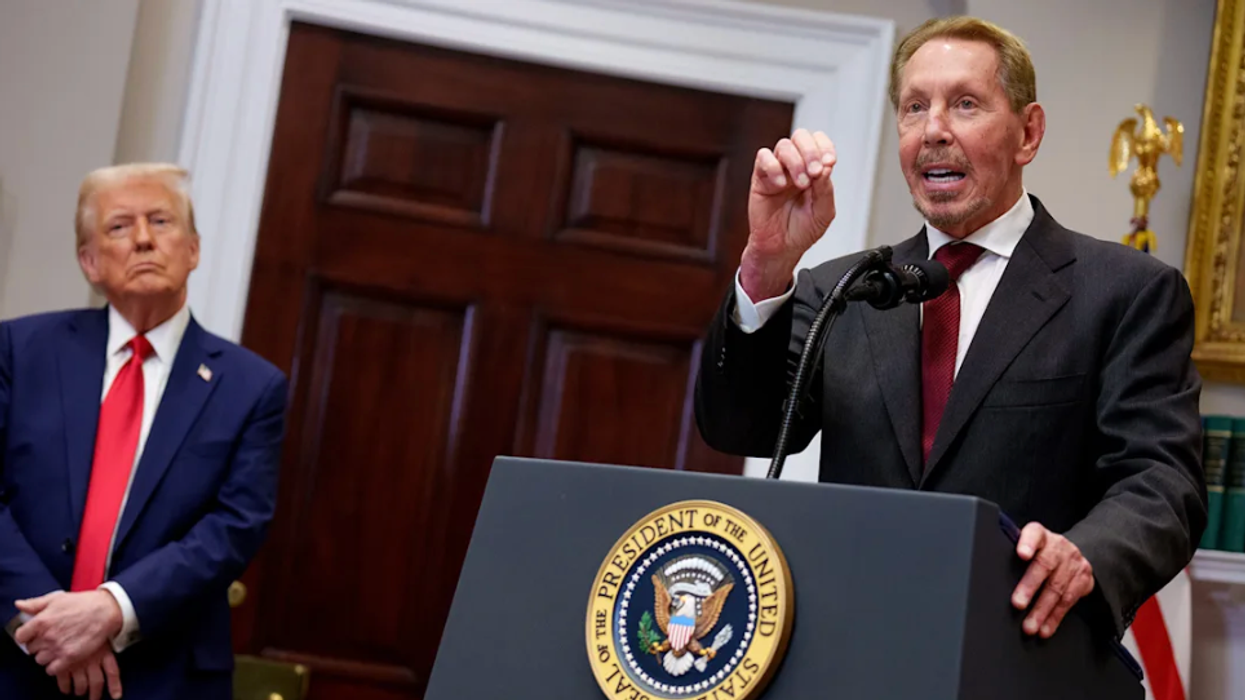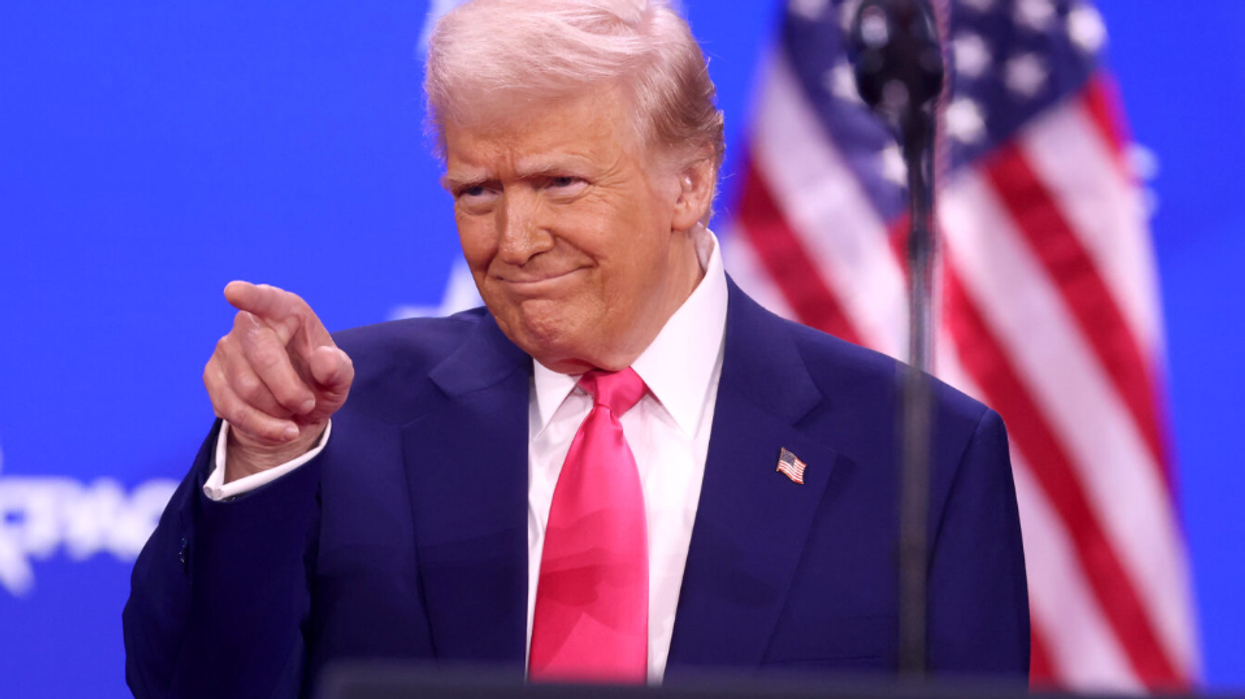Get Ready To Pay For Trump's $300 Billion Temper Tantrum Over Canada
Feel like paying another $2,400 a year in taxes because an old man suffering from dementia got humiliated? That could end up being the case after Canadian Prime Minister Mark Carney’s speech at Davos last week.
Donald Trump is threatening to impose a 100 percent tax (tariff) on items we import from Canada. The immediate cause of Trump’s anger is ostensibly that Canada signed a trade deal with China that would allow it to import 50,000 Chinese electric vehicles (EVs) a year with a very low tariff. Trump claimed that this would allow for China to evade U.S. tariffs on its cars by shipping cars through Canada and then taking advantage of the United States’ free trade deal with Canada and bringing them into the United States.
In his post this morning, Paul Krugman explained why this is absurd. (We don’t coordinate on these, just happened to think along the same lines.) First the number of cars involved is small, roughly three percent of Canada’s car market and 0.3 percent of the U.S. car market. So, there would not be much at stake here in any case.
But the second point Krugman makes is that under the trade deal, goods are still inspected at the border. He contrasts this with the customs union that the European Union has where as soon as an item clears one of the EU ports or borders, it can freely pass to the other member states without inspection, just like goods going from Ohio to Michigan.
This is actually a point worth highlighting. Under Trump’s tariff fest, countries face very different tax rates. This provides an enormous incentive to mask the origins of goods imported into the United States. This may be done by actually changing the production process, for example shipping components from China to Vietnam where they will be assembled into a refrigerator or television set. Or it could just mean writing on the box “made in Vietnam.”
In fact, it would be reasonable to suspect that something like this is taking place. Our imports from China through October were down by 25.3 percent. At the same time, imports from Vietnam increased by 40.4 percent. You’re welcome to believe that Vietnam suddenly became a much more attractive source for U.S. importers, but it seems more likely Chinese companies have figured out how to circumvent Trump’s tariffs.
Anyhow, transshipment is a real problem for someone like Trump trying to impose high tariffs, but the Chinese cars going to Canada are not going to be the issue. The issue is obviously that Carney humiliated Trump in front of the world with his speech at the Davos forum last week.
Trump could not care less about the country or the world, he cares about his image, and Carney had the courage to openly say that Trump is in fact an egotistical jerk, which he did very politely. Trump’s 100% tariff on our imports is his revenge for Carney’s truth-telling.
As usual, Trump seems rather clueless about the impact of his tariff. As all of the research shows, we pay the tariff, not the exporting country. A new study found that the United States paid 96% of the tariffs that Trump imposed last year.
It’s not clear whether Trump will actually go through with his tariffs on Canadian imports, which will freak out financial markets, or which goods he will tax and which he will exempt, but it is possible to get some idea of what this tax could look like. We likely imported around $380 billion in goods from Canada last year. (The data only run through October.) Assuming some items are exempted and some reduction in imports from the tax, a 100 percent tariff on Canadia imports would be in the ballpark of $300 billion.
This would be a bit less than 1.0 percent of GDP. It would be one of the largest tax hikes ever, coming to $2,400 per household. It would be more than 10 times the money needed to continue the enhanced subsidies in the Obamacare exchanges. It would be more than 40 times the money needed to continue the AIDS/PEPFAR program for Africa. This program, which Elon Musk killed with his little chainsaw, saved tens of millions of lives.

For most households, $2,400 a year is a lot of money to pay. But I’m sure we all will happily cough up the bucks to soothe Donald Trump’s wounded ego.
Dean Baker is a senior economist at the Center for Economic and Policy Research and the author of the 2016 book Rigged: How Globalization and the Rules of the Modern Economy Were Structured to Make the Rich Richer. Please consider subscribing to his Substack.
Reprinted with permission from Dean Baker.



 Source: US Commerce DepartmentChart by Andrew Barnett/WSJ
Source: US Commerce DepartmentChart by Andrew Barnett/WSJ








